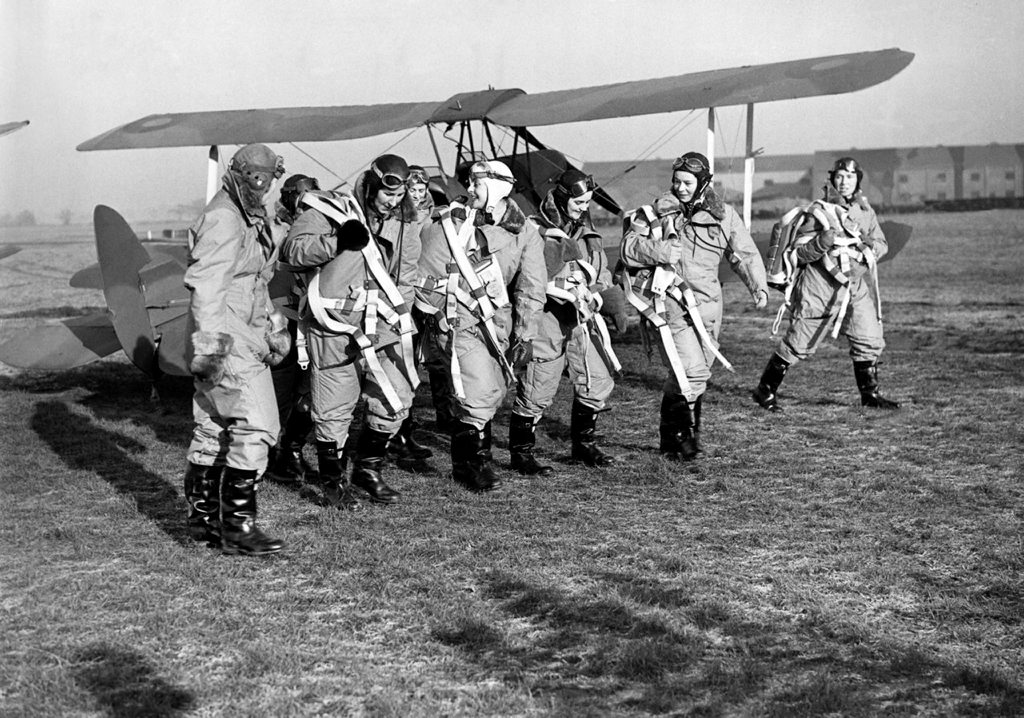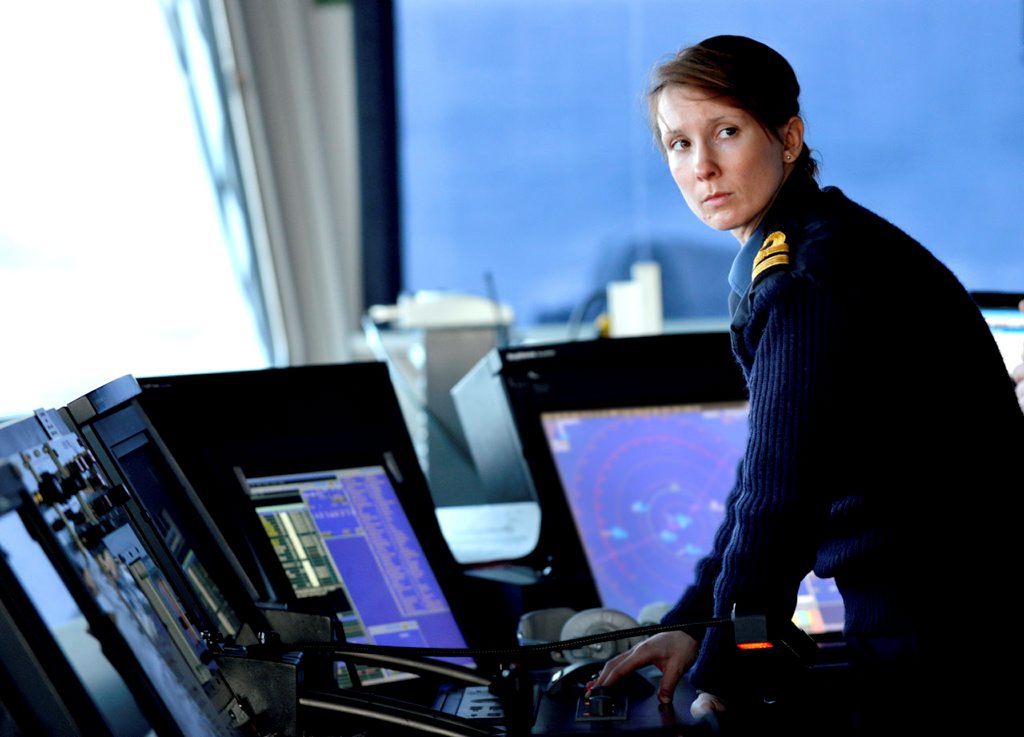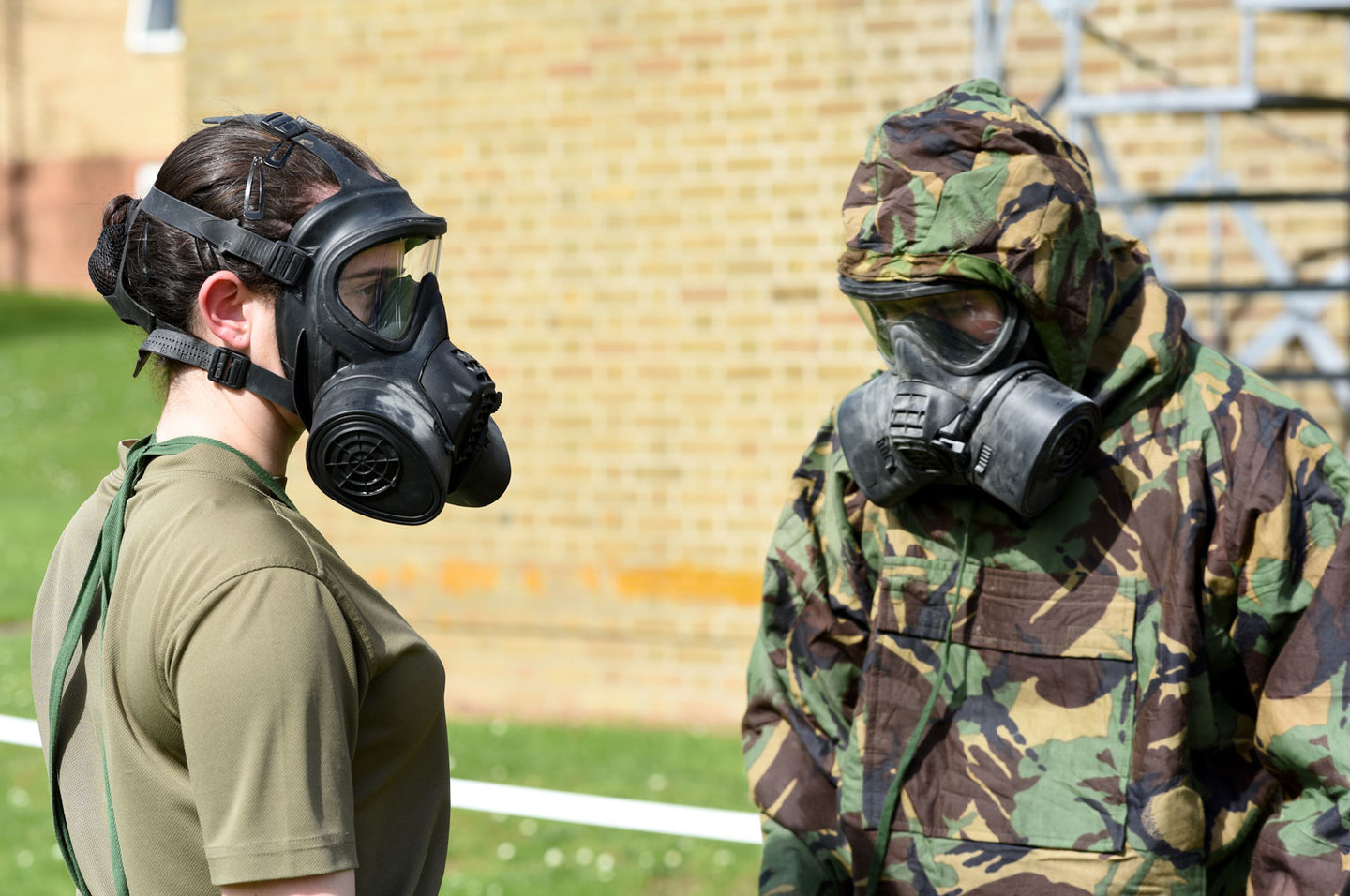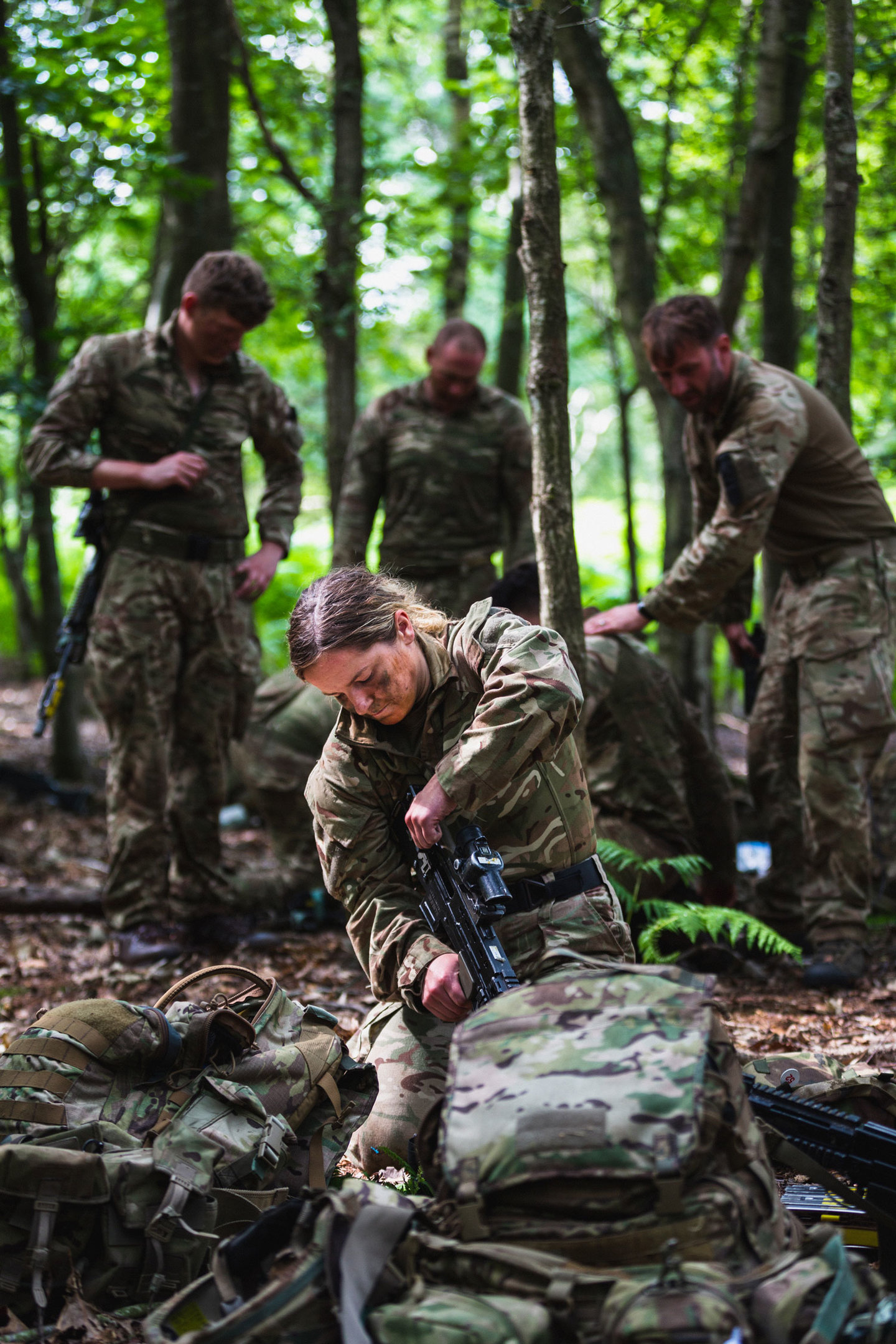Culture
Words matter: A case for gender-neutral language in defence
Gendered language permeates the very fabric of the UK’s Armed Forces, from personnel answering the phone with ‘Sir’ to the widespread use of terms such as ‘unmanned’ and ‘airman’. But now efforts are being made to phase out gendered language in order to make the armed forces more inclusive. Harry Lye speaks to leading women in defence about why it matters.
// The first all-female Tornado jet crew to fight in Afghanistan in December 2009. Image: Crown Copyright / MOD
Women have long been a part of the UK’s Armed Forces. From ‘manning’ anti-aircraft guns in WWII, to becoming eligible as ‘airmen’ piloting combat aircraft for the Royal Air Force in the late 1980s, being allowed to sail as ‘able seaman’ with the Royal Navy in 1990, and finally being given access to close combat roles in 2016.
Despite their long history of serving, why were women ’manning’ anti-aircraft posts? Why are female pilots and ground crew still called ‘airmen’, and female sailors ‘able seamen’?
While much progress has been made in opening up military roles for women, the continued use of gendered language remains a significant, yet easy to remove stumbling block to more inclusive armed forces.
It’s not about being ‘woke’
Defence consultant Dr Alex Walmsley said the debate around the use of gendered language is ‘evolving in a good way’ adding that the push to change the language used in defence was not just about ‘being woke’.
The idea of a woman performing a job whose title implies she is a man, even though women are able to serve in every role in the UK’s Armed Forces, means that change is a ‘no-brainer’ Walmsley added.
Women constitute 10.8% of the UK’s Armed Forces overall. The British Army is 9.7% staffed with women, the Royal Navy 9.7% and the Royal Air Force 14.7%. Despite growing numbers of women in the armed forces, strides in equality still to be made and removing gendered language would not only reflect the fabric of the modern armed forces, but also remove a bar to entry that exclusionary language creates.
“Changing the language used in defence would improve the recruitment of women into the armed forces.”
If someone looks to join the armed forces in a combat role, they can be a soldier, a sailor or an airman. The latter may deter some female would-be recruits from joining the RAF, simply because the title implies it is a man's game.
Emma Salisbury, a PhD student at Birkbeck who specialises in the defence sector, says changing the language used in defence would improve the recruitment of women into the armed forces, adding: “Recruiting more women can only be a good thing.”
Salisbury told us that in the defence industry, people are often surprised to find that she is a woman even though she is an expert in her field, and that she often finds herself to be the only woman in a room – an experience other women we spoke to for this article also mentioned.

A group of Air Transport Auxiliary women pilots in their flying kit at Hatfield on 10 January 1940. Image: Crown Copyright / MOD
A small change with big effects
“Changing the words you use is such a minor thing,” Salisbury explained. It has no effect on operations, it does not affect the strength of the armed forces, nor is it expensive. Retiring the term ‘manpower’ in favour of ‘personnel’ does not suddenly mean the UK can no longer conduct a freedom of navigation exercise in the South China Sea. It just means the services better reflect the times and the people that make them.
The fact that a change in language is not a lot to ask for was echoed by almost everyone we interviewed for this article. “It is not a big deal; we’re not asking for HMS Prince of Wales to be called Princess of Wales,” Walmsley pointed out.
“We’re not asking for HMS Prince of Wales to be called Princess of Wales.”
Former British Army officer and founder of Women in Defence UK Angela Owen told us: “One of the most interesting gendered words within the armed forces is ‘females’, which seems to be preferred in situations where ‘women’ would be used in other cultures.
“As an example of the strangeness of the use of ‘females’: our organisation is [called] Women in Defence UK, not Females in Defence UK, yet ‘females’ seems to be the default noun for describing women. ‘Males’ doesn’t seem to be used as frequently, the word ‘men’ being preferred. ‘Females’ can be used in a pejorative way, in much the same way as ‘girls’ can be seen to infantilise women, implying that they are childlike and dependent.”

A Royal Navy officer is picture on the bridge of Type 45 destroyer HMS Diamond. Image: Crown Copyright / MOD
It's a debate about language, not ability
The discussion of language in defence often leads to debate about fitness requirements. However, there are no plans to change those requirements, and sufficient numbers of women have already proved they are just as able as men to carry out their roles in the armed forces.
Earlier this year Captain Rosie Wild passed into the Parachute Regiment, earning the accolade of ‘trailblazer’ in the process. This alone proves that the debate around changing language has nothing to do with concerns some may have about fitness or ability, especially as such concerns have proven to be unnecessary. At the time Captain Wild earned her position, commander of 16 Air Assault Brigade Brigadier John Clark said: “A more representative force will only make us stronger.”
This conflation of the debate, however, is stalling efforts to bring outdated defence language into the 21st century. Although it should be an easy change, creating more inclusive language requires a concerted effort to ensure it becomes standard practice. The fact that the UK’s service chiefs seem to be genuinely invested in supporting this effort is a sign that the debate is moving in the right direction.

Phase 2 recruits from the Army Air Corps during NBC training. Image: Crown Copyright / MOD
Removing barriers and bias
Only a handful of roles in the military requires extreme physical dominance, and as the cyber domain and the use of uncrewed systems become more important in defence, the definition of the archetypal ‘soldier’ is evolving.
The use of language that is male centric only serves to create an image that the armed forces are made up only of men, when increasingly they are not.
Salisbury argues that the use of gendered language ‘makes the space very exclusionary’ adding that gendered language is not only damaging to women, but also non-binary or transgender service members and defence industry professionals.
The constant exposure to gendered terms also plays into ‘unconscious bias’, which many of our interviewees said they had experience while working in the defence industry. Another damaging effect of such bias is that by being women, they were assumed to not be experts in their fields.

An RAF Flying Officer conducts field admin during an exercise. Image: Crown Copyright / MOD
Alternatives need not be perfect
Floating the idea of moving away from the term ‘airmen’ and using ‘aviator’ instead on Twitter, Commandant of the Defence College of Technical Training andRAF Gender Advocate Air Commodore Adam Sansom posted:
In response, some argued that ‘aviator’ was too specifically related to being a pilot, despite ‘airmen’ having similar connotations. MP and Foreign Office Minister James Cleverly backed the change saying:
In the case of 'aviator', while it may not be the perfect word, it is already better than the 'imperfect' one. Why not retire the old name and use aviator as a placeholder until a new one is agreed on? New terms we use need not be perfect immediately, but they can be better than the ones already in use, while inspiring continued efforts for change.
“Language reflects culture,” Owen said. “An imbalance in the use of masculine gendered language can signal to women that they do not fit or belong within that culture.
“Given the recently issued commitment by the chiefs to improve diversity and inclusion, now would be an excellent time to review the use of gendered language and ranks, with a view to making the armed forces feel like a more inclusive community.”
Tell us what you think
We'd like to find out our readers' views on this topic. Header over to our Twitter page to join the conversation.
